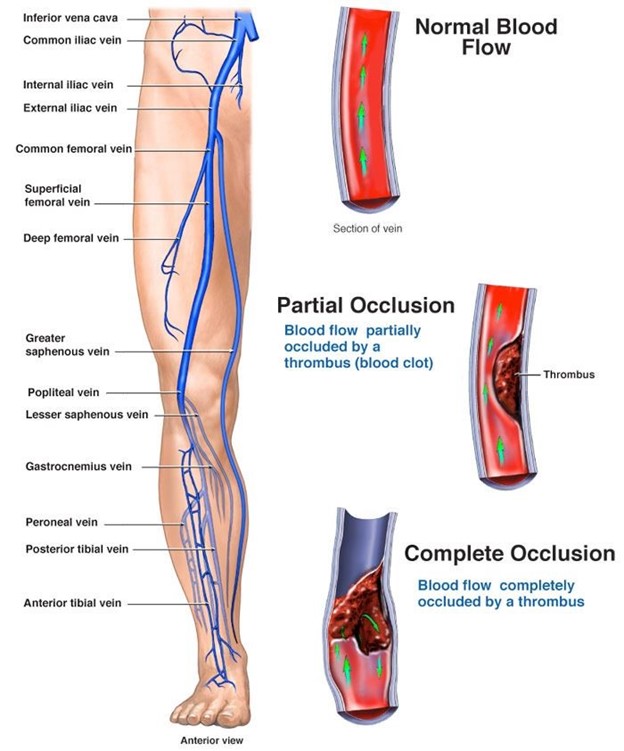A charge nurse in a long-term care facility notices the smell of alcohol on a nurse's breath.
Which of the following actions should the nurse take first?
Assign clients to the remaining staff.
Document objective findings about the situation.
Remove the nurse from the client care area.
Call the supervisor to ask for another nurse.
The Correct Answer is C
When a charge nurse observes the smell of alcohol on a nurse's breath, it raises concerns about their ability to provide safe and competent care to clients. Patient safety is of utmost importance, and the charge nurse must take immediate action to address the situation.
Removing the nurse from the client care area ensures that the nurse is not involved in direct patient care while their ability to provide safe care is in question. This step helps mitigate potential risks to patient safety.
B and D- After removing the nurse from the client care area, further actions can be taken, such as documenting the objective findings about the situation and informing the supervisor. However, the immediate priority is to ensure patient safety by removing the nurse from the care area.
A- Assigning clients to the remaining staff can be done once the situation has been addressed and a suitable replacement for the nurse has been arranged.
Nursing Test Bank
Naxlex Comprehensive Predictor Exams
Related Questions
Correct Answer is B
Explanation
Deep-vein thrombosis (DVT) is a condition where a blood clot forms in a deep vein, usually in the legs. Bed rest is often recommended for clients with DVT to reduce the risk of the clot dislodging and causing a pulmonary embolism. By minimizing movement and keeping the leg elevated, the nurse can help prevent further complications.
The other options listed are incorrect:
- Massage the affected extremity every 4 hours: Massaging the affected extremity can dislodge the clot, increasing the risk of a pulmonary embolism. It is contraindicated and should not be performed in clients with DVT.
- Apply an ice pack to the affected extremity for 20 minutes every 2 hours: While applying cold compresses or ice packs may be useful in some situations to reduce swelling or pain, it is not recommended for clients with DVT. Heat application or cold application should be avoided because they can promote blood circulation and potentially dislodge the clot.
- Administer aspirin for pain: Aspirin is not typically used for pain management in DVT. Anticoagulant therapy is the primary treatment for DVT, and specific anticoagulant medications are prescribed to prevent further clot formation and reduce the risk of complications.

Correct Answer is B
Explanation
Veracity refers to the principle of truthfulness and honesty in communication. By truthfully communicating about the adverse effects of the prescribed medications, the nurse is demonstrating veracity. This ethical principle emphasizes the importance of providing accurate information to the client to promote informed decision-making and autonomy.
Justice refers to fairness and equitable treatment, ensuring that individuals receive what they are due and that resources are distributed appropriately. While justice is an important ethical concept in healthcare, it is not directly applicable to the nurse's communication about adverse effects.
Autonomy refers to respecting the right of individuals to make their own decisions and choices regarding their healthcare. While truthfully communicating about adverse effects supports autonomy, autonomy itself is not the specific ethical concept being exhibited in this scenario. Beneficence refers to the ethical principle of acting in the best interest of the client and promoting their well-being. While providing accurate information about adverse effects can be seen as a form of beneficence, it does not directly address the nurse's truthful communication in this specific scenario.
Whether you are a student looking to ace your exams or a practicing nurse seeking to enhance your expertise , our nursing education contents will empower you with the confidence and competence to make a difference in the lives of patients and become a respected leader in the healthcare field.
Visit Naxlex, invest in your future and unlock endless possibilities with our unparalleled nursing education contents today
Report Wrong Answer on the Current Question
Do you disagree with the answer? If yes, what is your expected answer? Explain.
Kindly be descriptive with the issue you are facing.
